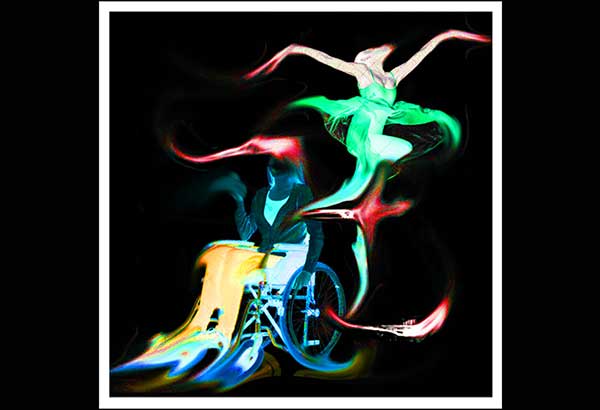The mind has the power to reverse aging

Illustration by Igan D’ Bayan
Tired from miles and miles of driving, punctuated by heavy traffic in Los Angeles and San Francisco (I took photos to remind me not to complain when EDSA looks like a huge parking lot), I gladly accepted the invitation of Elizabeth Paterno to try her Salt Spa in Walnut Creek. It was a great chance to calm down, relax and breathe deeply the salt-infused clean air in an immaculate white salt cave.
After an invigorating one hour, I got a copy of the latest Natural Awakenings magazine in her lobby and read slowly while sipping water. Two pages that grabbed my attention featured the “Mother of Mindfulness” Ellen Langer of Harvard University’s psychology department. She has authored 11 books and hundreds of articles on the subject.
In a New York Times magazine feature, her unconventional experiment of eight men in 1981 was revisited. All of them were in their 70s, some walking slowly with canes. For five days, Ellen Langer placed them in a house designed to make them believe it was 1959 all over again. All the participants were assessed in terms of dexterity, grip strength, flexibility, hearing, vision, memory, and cognition.
Inside the vintage home, the participants were told not merely to remember the past but also to live it. Langer said they were told to “make a psychological attempt to be the person they were 22 years ago. From the time they walked through the doors, they were treated as if they were younger. The men were told that they would have to take their belongings upstairs themselves, even if they had to do it one shirt at a time.”
It was Langer’s belief that the measurements would be better after five days.
As she predicted, they felt and looked younger, they sat taller, showed greater manual dexterity, and their sight even improved. They even played an impromptu touch football game while waiting for the bus that will take them back home.
In another study, Langer gave houseplants to two groups of nursing-home residents. One group was made responsible for keeping the plant alive. They were told they have control over their schedules and their activities. The other group was advised that the staff would care for the plants and they were given rigid schedules to follow. After 18 months, double the number of residents in the plant-caring, decision-making group were still alive compared to the other group.
Langer cited this as an evidence that the mind and the body are not on separate tracks. She stressed that it is faulty to believe that “the only way to get sick is through the introduction of a pathogen, and the only way to get well is to get rid of it.” She concluded that people need a psychological “prime,” a reason, a trigger to heal themselves.
Almost 30 years later, BBC consulted Langer and recreated the experiment in a documentary they dubbed The Young Ones with six aging former celebrities as participants. Vintage cars took them to a country house retrofitted to look like it was 1975. After one week, the rejuvenated subjects showed considerable improvements on their before and after test measures.
A participant who arrived in a wheelchair, walked out with a cane. Another who couldn’t put on his socks by himself hosted the dinner party with a lot of energy. Everyone walked taller and looked younger. Langer pointed out that the recognition given them made them feel important; and building back their egos “was central to the reclamation of their bodies.” The program, shown in four parts and nominated for a Bafta Award (a British Emmy), placed Langer’s 1981 work in the spotlight.
She elaborated on the strong connection between mind and body in the August 2017 issue ofNatural Awakenings magazine: “Mental constructs are positions we consider as accepted certainties. When a physician makes a diagnosis, most people take it as a certainty and behave accordingly. Assuming that pain, decline or failure is inevitable can cause an individual to give up hope of complete recovery.”
“We have a tremendous amount of control over our health that goes untapped. Placebos are today’s strongest medications demonstrating this fact. When someone gives you a pill and you get better not because of the pill, but because of your beliefs about it, you realize that what stands in the way of your healing is your own mindset,” she added.
* * *
Post me a note at mylene@goldsgym.com.ph or mylenedayrit@gmail.com.


















